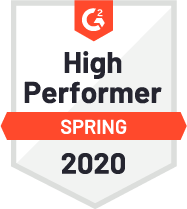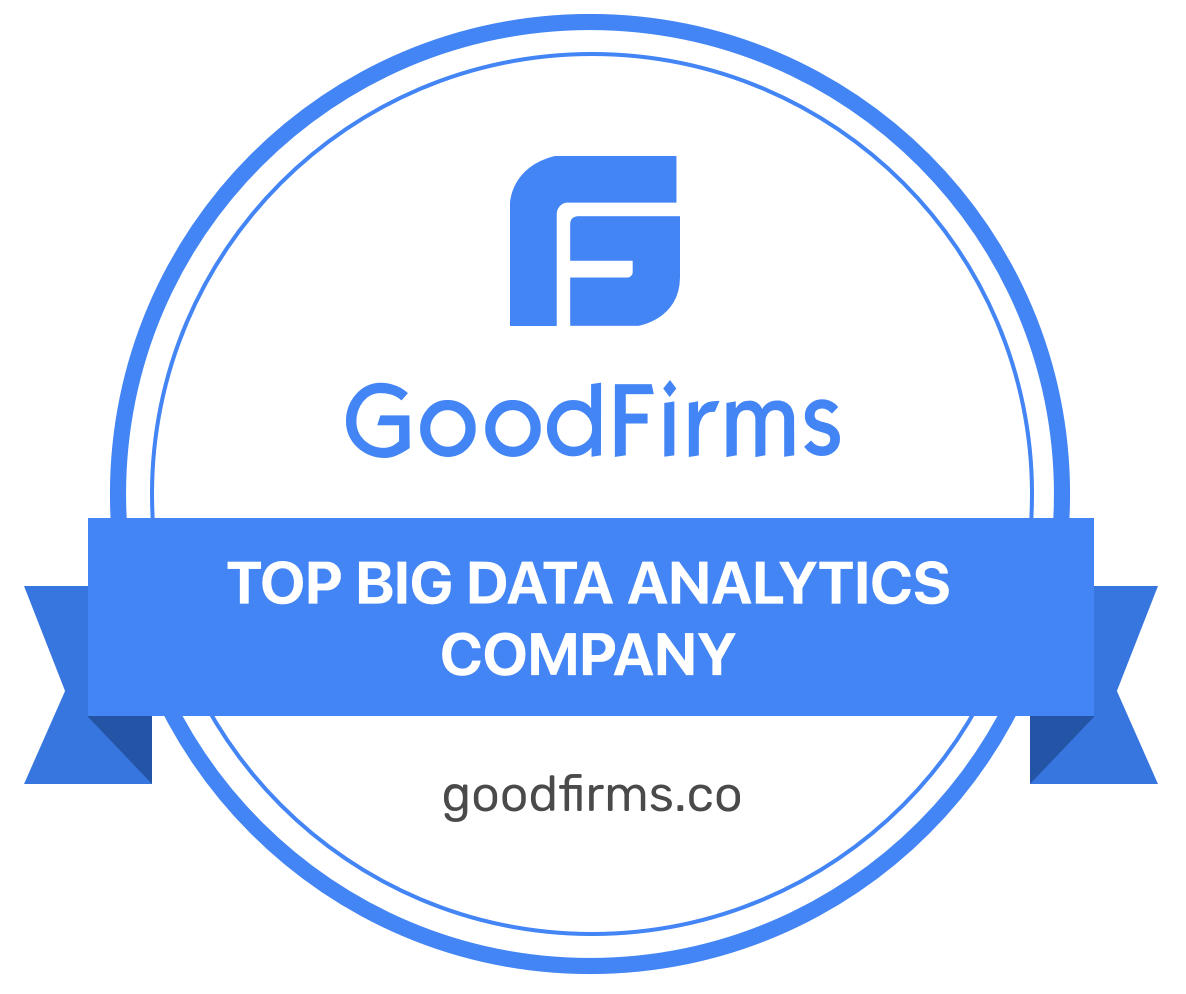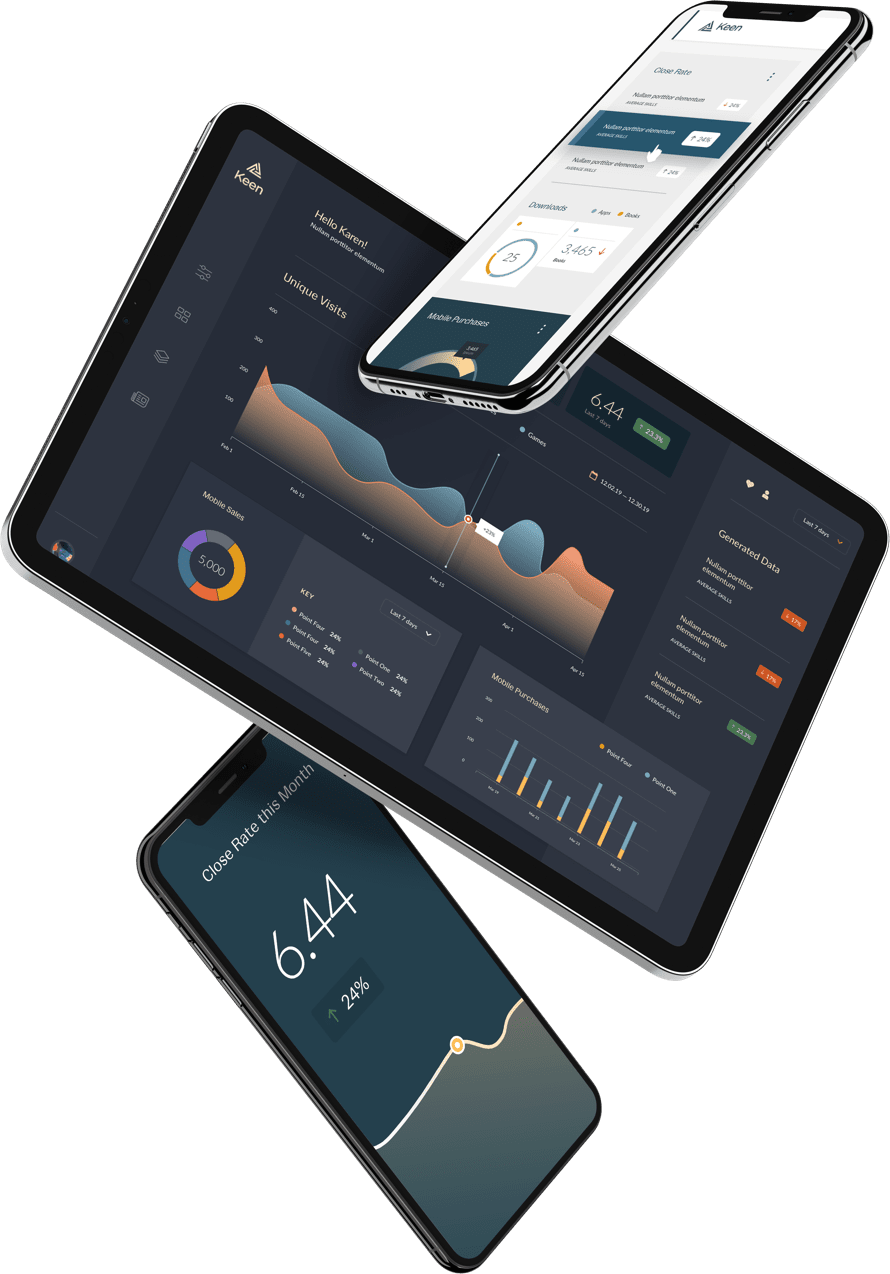In March of this year, Alexa wrote a post on the Keen IO blog with the title you see above. In fact, the post you’re reading now is a variation of that post — only with a few additions (like this intro) and some updates to reflect the scaling that has actually taken place IRL over the last six months. Yay, reflection!
Beyond providing a fresh perspective on an ever-evolving topic (i.e., company culture), we also intend for this post to kick off a series of culturally-minded pieces of content, largely inspired by the archives at www.http://keen.io/blog/.
Heeeeeeere’s Alexa!
[Alexa published the entry below on March 19, 2015; updates to follow]
Your company culture is what you collectively believe and — in practice — what you collectively do. It shapes how people work together, how you deal with problems that arise, how people feel when they meet someone from your company. Derived from a company culture is typically a set of values and beliefs, such as transparency, collaboration, or trust.
What do these values actually mean, though? If I’m a new employee coming into an organization, am I expected to know how to convey these values? No. Of course not. That’s why companies instill their cultural values in all kinds of different ways. For example, at Facebook the value “moving fast and breaking things” is introduced during onboarding. But instead of just telling people to “move fast and break things,” Facebook sends all new employees off for 6 weeks to literally code new things, break things, and learn from seasoned “fast movers and breakers”.
At Keen, we value introspection: the examining of one’s own mental and emotional processes. We believe this is important for sanity, harmony, and productivity in the workplace.
One way we support introspection is through a weekly activity called Anxious/Excited, where we all get together to share the things we’re anxious about (work-related or otherwise), along with the things we’re excited about. Anxious/Excited (A&E) is such an integral part of our culture that we frequently invite people to participate if they’re thinking about joining the company. It gives them a chance to see what we’re like in our most reflective moments and get a sense of what it would feel like to work here.
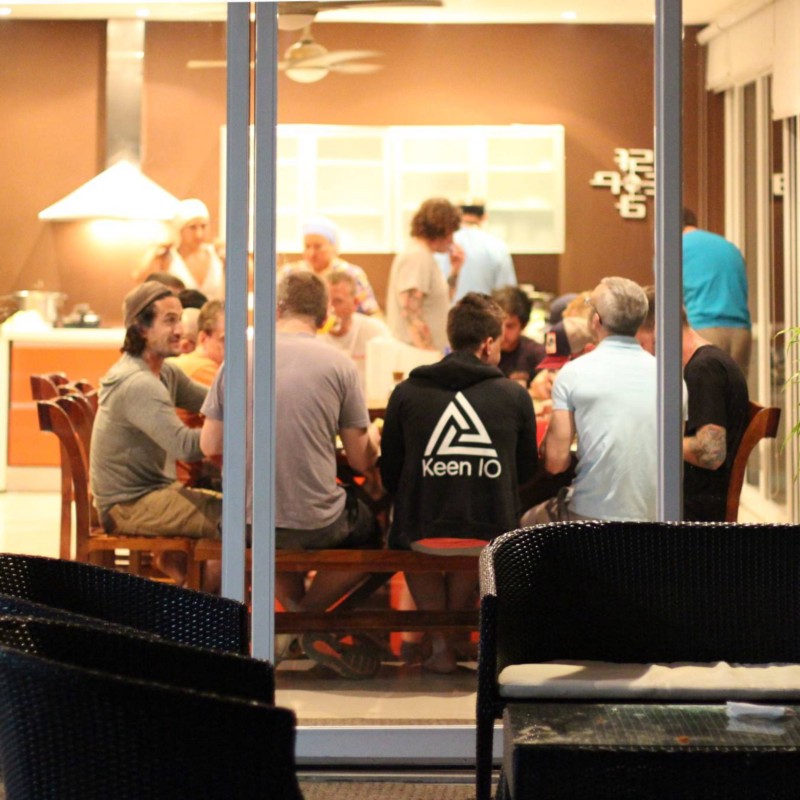
I often tell people outside of Keen about this activity and the reaction I typically get is, “That’s great, but how do you scale that?” The answer: you don’t.
The commonly referenced “do things that don’t scale” for startup growth can apply to the expression of cultural values, too. What’s key to cultural scalability and success is a shared understanding of the company’s values and a commitment to revising and evolving how they’re expressed as the organization grows.
Sounds straightforward, but oftentimes organizations that should be working toward the same goals and values end up fighting over tactics, resulting in a toxic and unproductive environment.
Values > Tactics
When Keen was small (as in 6 employees working out of the founders’ living room), A&E was an excellent tactic for introspection. Everyone was working together day in and day out. Some days were stressful, some days were happy. Everyone was close. Taking time to share and reflect at the end of the day was not only valuable, it was easy.
We are now at 40 people, and as you can imagine, A&E is not as effective as it once was. Debates have emerged on “how do we scale A&E?” How do we recreate the feeling of safe space and intimacy that allows people to open up and be introspective?
In times like this it’s helpful to think about why we did A&E in the first place. If we look back to our value of introspection we can see this “scaling problem” from a different, more open lens. There may be a totally different and better way to support introspection at 40 people than 6, and yet another way to do it at 100, 200, and 1000. The key is stay committed to our values, and to evolving the way they’re expressed.
We’ve already evolved A&E to make it work better for more people:
- Two time slots for A&E
- Remote A&E (for our remote employees) + In-Person A&E
We’re also starting to think about other ways to support an introspective culture, such as:
- Team-based A&E vs. the entire company
- Company reflection time for personal journaling, or shared wiki/internal blog
- Bringing in an onsite psychologist and coach to help talk through problems
- Having a writer’s workshop to explore the issues and processes on our minds
The bottom line is: Don’t be afraid to let go of your cultural tactics. In fact, you should be constantly evaluating them. Are they still working? Do they still represent the value you intended? Be committed to evolving. Remember why you decided to implement an activity in the first place, even if that leads you to an entirely new approach.
How have you scaled your company’s culture and values? We’re still figuring this stuff out, and would love to hear your ideas. Feel free to tweet at me or share your thoughts in the comments below.
</end Alexa’s post>
UPDATES:
Thanks, Alexa! Since she was kind enough to share her insights on scaling (or not) your culture-focused activities and consciously allowing your values to evolve, I thought I’d take a turn and let y’all know how things have changed since March…
We’re just above 40 employees (steadily approaching 45!), so the number of people involved in fostering the company’s culture hasn’t grown a lot. That’s given us a chance to work on the non-people-body part of the culture: value-driven tactics.
The latest news on items Alexa mentioned:
- A&E: The remote version has shifted to a different time slot, to better accommodate for time zones and schedules of remote employees who typically attend. And an adjustment like this is now easier, since we handed ownership of the calendar event to remote representative, instead of someone who’s based in SF (duh.) We maintain over a participation rate of over 50% within both versions of A&E combined.
- Onsite psychologist and coach: We now have two full-time team members (Jen and Lisa) who are focused on people development and personal growth (aka, big contributors to culture), through a formalized coaching program and employee education via regularly occurring “learning labs.” We’ve held multiple Effective Communication labs — both internally for employees and externally for our fellow community members in SF. And our second learning lab, on Emotional Intelligence, is coming soon!
- Writer’s Workshop: We’ve completed three of these day-long workshops, in addition to a docs-jam (where we all contributed to Keen’s public-facing documentation, to help our customers be more awesome.)
The newest additions to our cultural repertoire:
- Town Halls, World Cafes, Metrics Mondays, & AMAs: each is an all-hands gathering in its own right. They occur at different frequencies, in different formats, and are designed with varying degrees of interaction/participation amongst attendees. Each aims to provide a platform for inclusive, open, honest, and productive interactions that build trust and transparency.
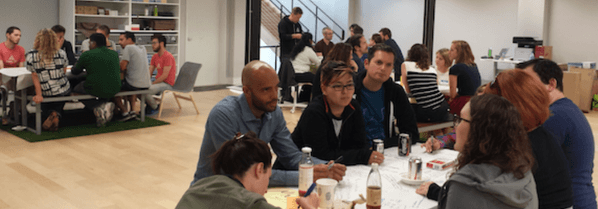
- Trellis — a new feedback process: this is our form of the more traditional performance review. Yet to be fully implemented, we hope it will facilitate helpful feedback loops in a manner optimally aligned with our culture. (more on this, once it’s in place!)
- Introducing RACIs: R-A-C-I stands for Responsible, Accountable, Consulted, Informed. It’s a matrix (shared document or set of docs) that serve as a tool to establish more clarity, understanding, and expectations around roles and responsibilities, at the team- and the organization-level. This has already increased efficiency and effectiveness for teams and individuals alike.
As you can see, we’ve been busy trying new things and determining what works (and doesn’t work) for us. Every person and every group of people (aka, company) is different. We hope that this bit of sharing is valuable for you, and we’d love to hear about your experience navigating this interesting aspect of building a business. Please share in the comments below and/or tweet us at @Keen_IO.
Oh yeah, and if you’re interested in data analytics, we can help with that, too 📊😉.
— this post put together by Tim Falls — VP, Community at Keen IO.
Want to get stuff like this delivered to your inbox? Sign up for our newsletter. 📧📭
